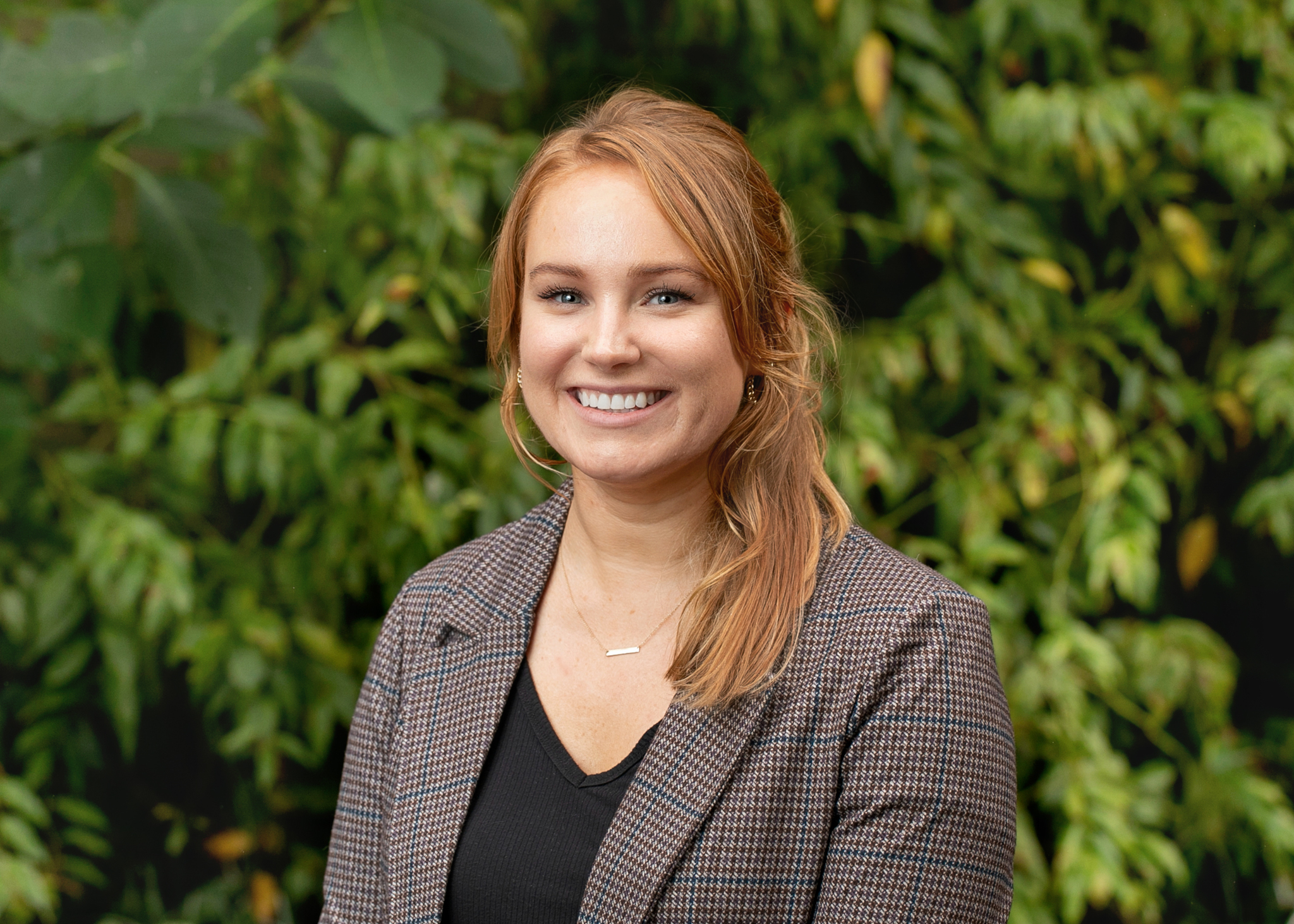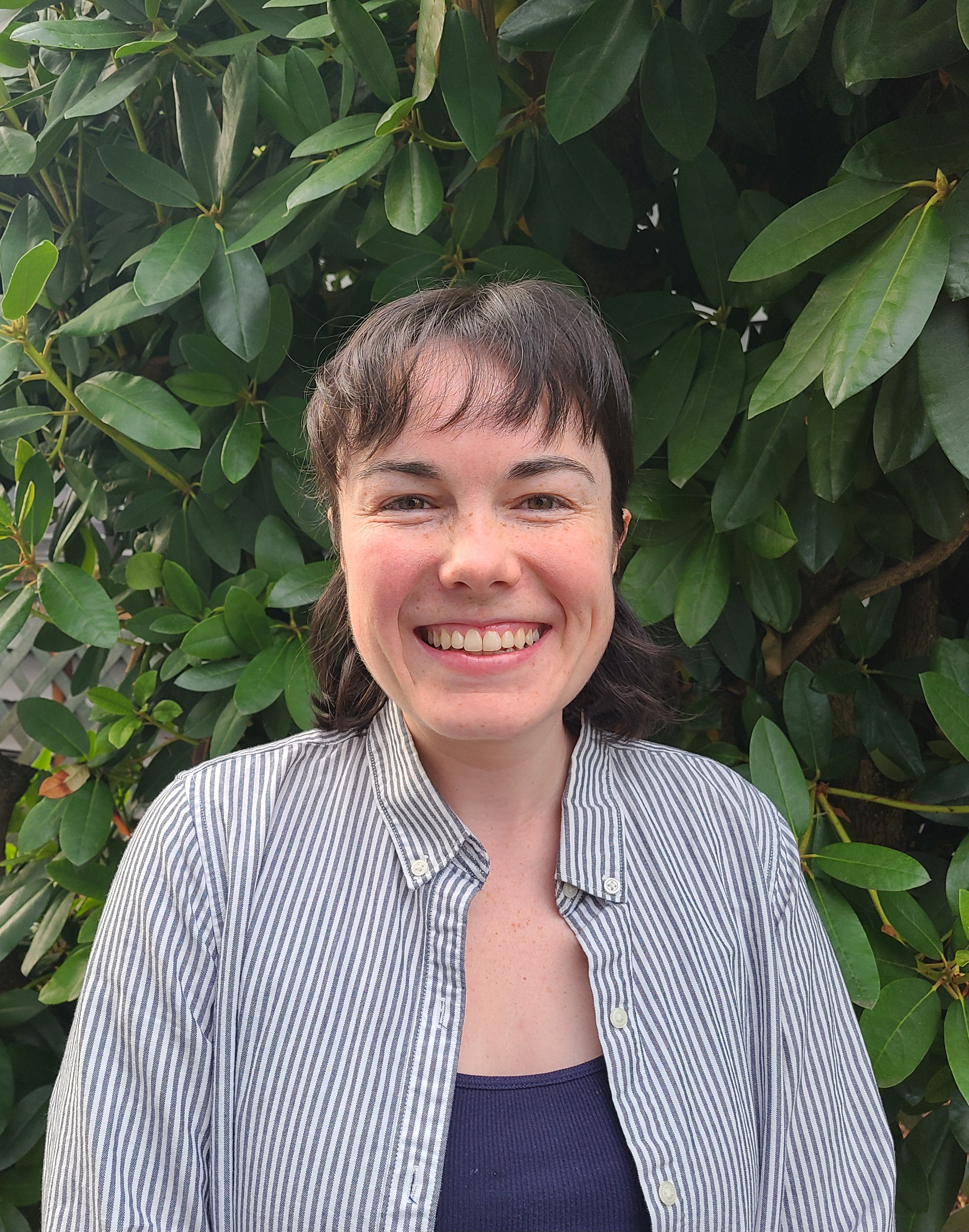- About Us
- Events & Training
- Professional Development
- Sponsorship
- Get Involved
- Resources
Combined Session: Middle Housing and HB 1110 - Moving Towards Implementation and Lessons from Washington's Early AdoptersSession 8B | Friday | 11:00 AM – 12:15 PM (PT)
Middle Housing and HB 1110 - Moving Towards Implementation In 2023, the Washington State legislature passed Engrossed Second Substitute House Bill (E2SHB)1110 related to middle housing. ESSHB 1110 dramatically reformed the approach that certain local jurisdictions must take for areas predominantly zoned residential use by establishing minimum requirements for accommodating middle housing types as well as for allowing a certain number of middle housing units per lot. Attention to areas near transit stops and also affordable housing need to be considered as well. The session will present E2SHB 1110 requirements, including certain approval and certification authority given to Commerce to implement certain provisions of E2SHB 1110. Jurisdictions will learn about existing Commerce tools available to assist to comply with E2SHB 1110 and key tools that are forthcoming. The audience will also hear from jurisdictions that have done middle housing work to learn about ideas, issues and best practices. Middle Housing: Lessons from Washington's Early Adopters In May 2023, Governor Inslee signed HB 1110, also known as the "Middle Housing Bill" which will lead to residential zoning reform in many communities across Washington State. While the requirements and timeline for implementation vary between cities, many jurisdictions will be implementing these changes through ongoing and upcoming comprehensive plan updates. Cities like Seattle, Tacoma, and Vancouver have already adopted middle housing code amendments that can provide valuable lessons about local implementation of moderate-density housing types. At the heart of this work are complex questions about affordability, equity, sustainability, and resilience that can help expand housing choices for Washington residents. This panel of local city staff facilitated by ECONorthwest will focus on what these early adopter jurisdictions have discovered in their proactive approaches to middle housing. The session will provide an opportunity to learn from their recent and ongoing middle housing work, particularly as it relates to assessing development feasibility and likely outcomes, increasing affordability, expanding homeownership opportunities, and more.
Middle Housing and HB 1110 - Moving Towards ImplementationDavid Osaki, AICP
Washington State Department of Commerce
David Osaki, AICP, is a Middle Housing Policy Specialist with the Washington State Department of Commerce. He has served as Community Development Director for several Central Puget Sound cities including Fife, Monroe and Mukilteo. David has a Master’s degree in City and Regional Planning from Rutgers University and Bachelor’s degree in urban planning from the University of Washington. He has been a member of the American Institute of Certified Planners since 1986. Middle Housing: Lessons from Washington's Early AdoptersLee Ann Ryan, AICP
ECONorthwest Lee Ann is a project manager at ECONorthwest. She specializes in land use and housing policy. Since she joined the firm in 2021, she has worked with many jurisdictions in the Puget Sound Region on middle housing projects, including Seattle, Issaquah, Auburn and Bothell. Prior to joining ECONorthwest, Lee Ann worked at a civil engineering firm where she focused on site analyses for residential development projects, factoring in development standards, infrastructure requirements, and critical areas. She also assisted cities with plan review on residential and commercial projects, annexations, and the Link light rail expansion. Her work with both public and private sector clients has made her particularly skilled in identifying and understanding barriers to housing development. Lee Ann received a bachelor’s degree in Environmental Design from the University of Colorado at Boulder and a master’s degree in Urban Planning from the University of Washington.
 Brennon Staley Brennon StaleyCity of Seattle Brennon Staley is a Strategic Advisor on Housing and Developer Contributions for the City of Seattle’s Office and Planning and Development (OPCD). He is currently the lead for developing an updated citywide growth strategy and implementing zoning changes as part of the Seattle’s Comprehensive Plan Update. In his role, he is also responsible for a variety of initiatives that focus on development-related incentives, fees, and infrastructure funding including impact fees, zoning incentives, and transferable development right. Previously, Brennon was the policy lead for the implementation of Seattle’s landmark Mandatory Housing Affordability (MHA) inclusionary housing program and led development of the Landscape Conservation and Local Infrastructure Program, a unique partnership to conserve regional farms and forests and fund local infrastructure. Brennon has a Masters of Urban Planning from the University of Washington and a Sc.B. in Environmental Engineering from Brown University. He lives in West Seattle with his wife and two kids. Spencer Gardner
City of Spokane Spencer Gardner is the Planning Director for the City of Spokane. Before that, he worked as a consultant on planning and engineering projects for communities of varying sizes around the country. Spencer earned a Master’s degree in Urban and Regional Planning from the University of Wisconsin and a Bachelor’s degree in Economics from Brigham Young University. He lives in Spokane with his family.  Mary Connolly Mary ConnollySouth Sound Housing Affordability Partners
|

